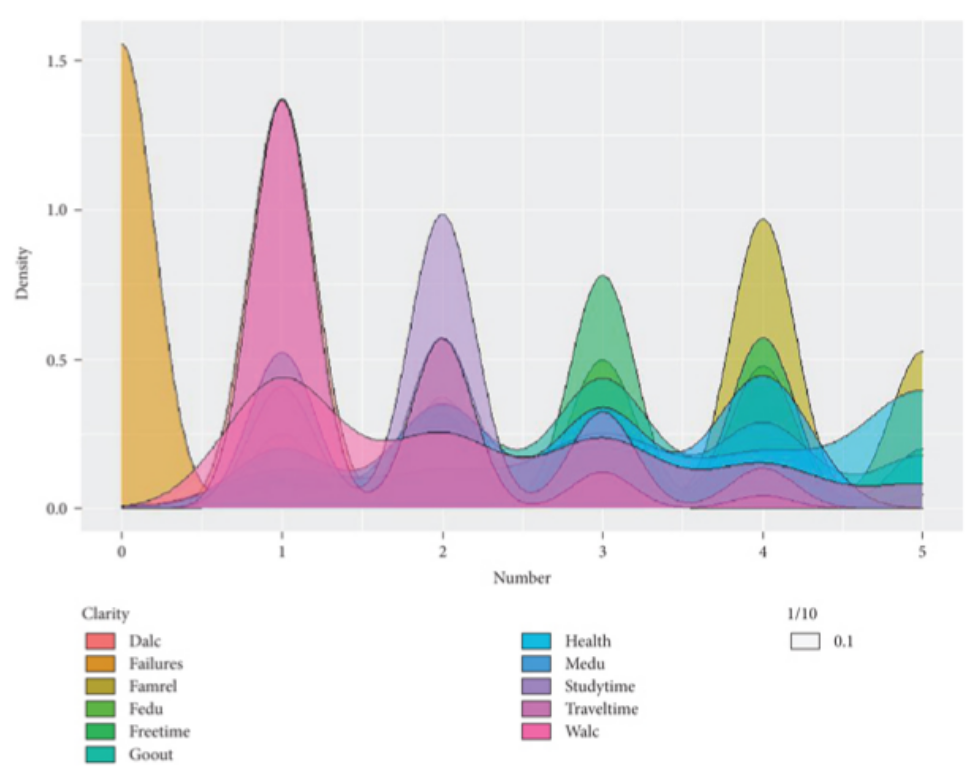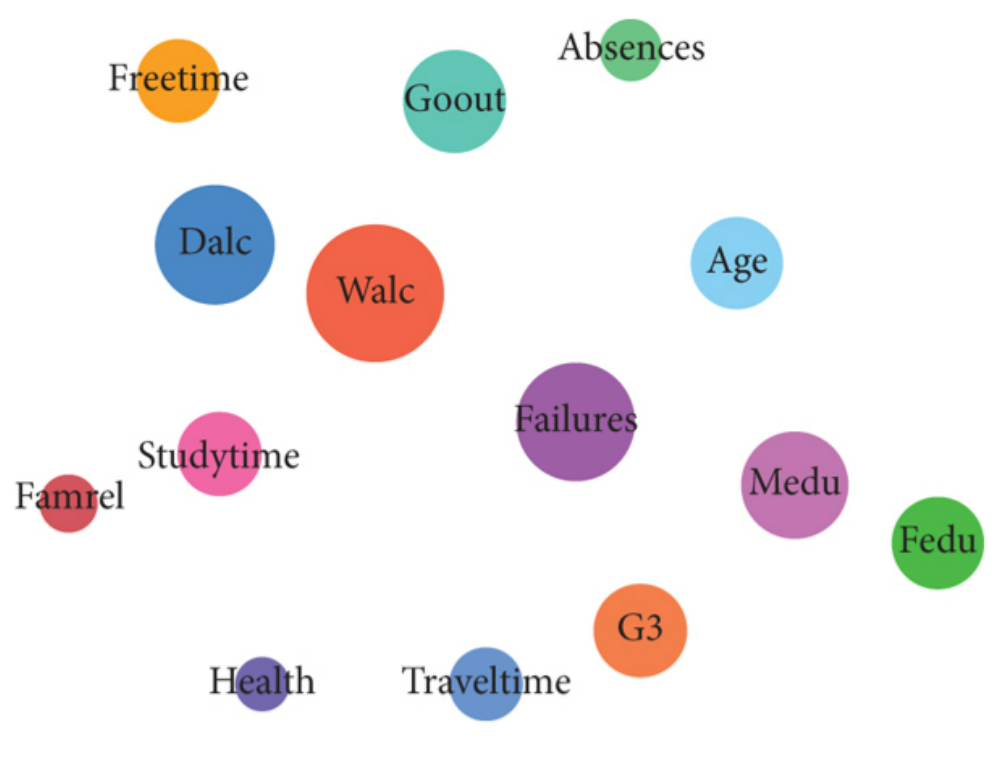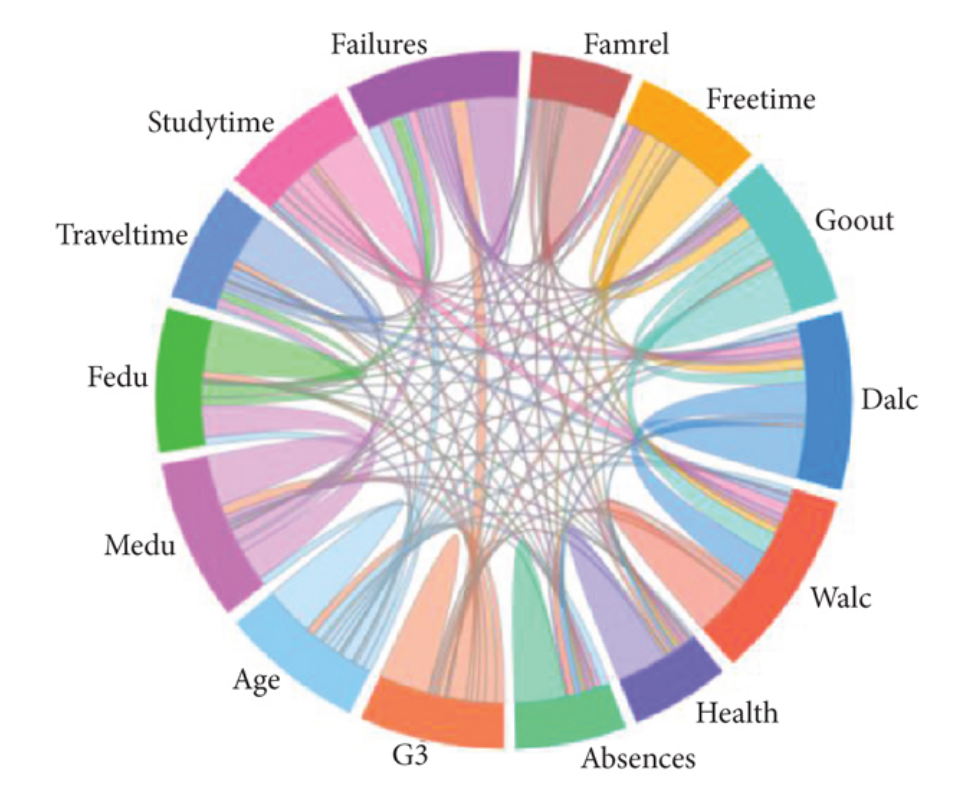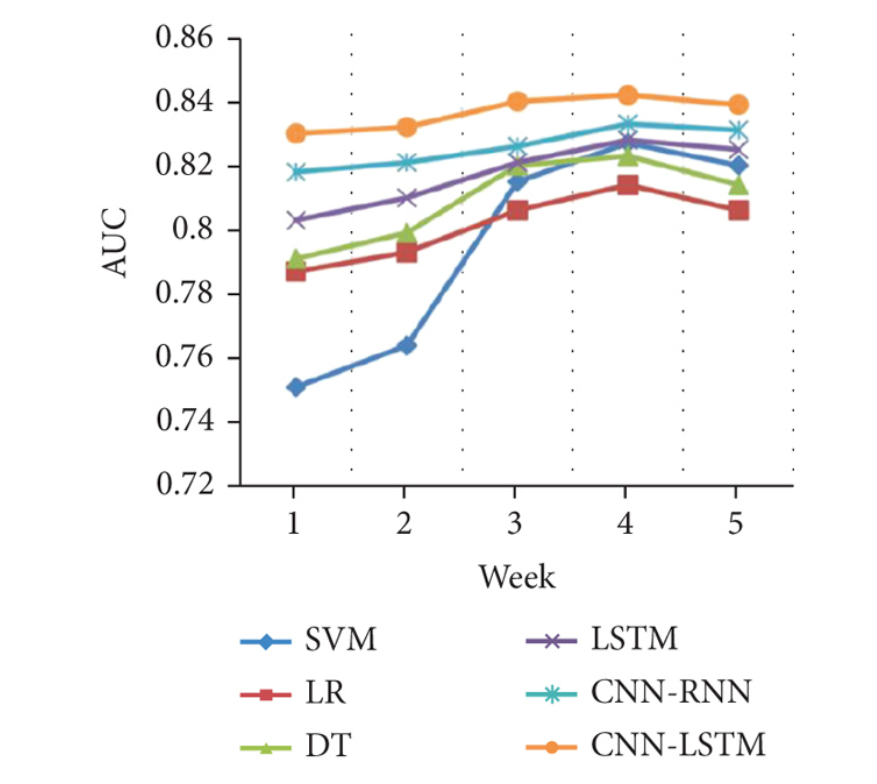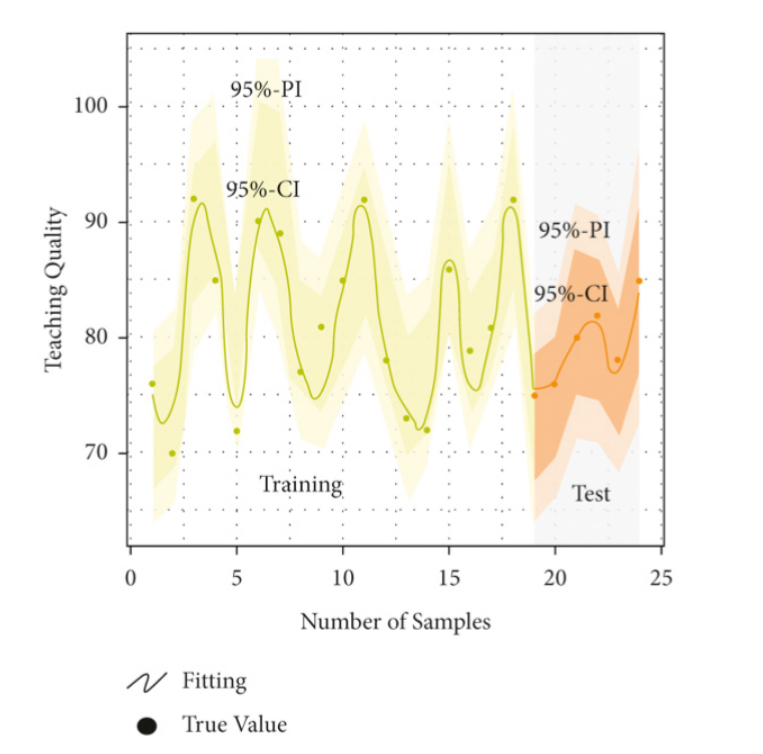 An open access journal
An open access journal
AI in Education: Revolutionizing Learning and Teaching
Abstract
This paper examines the transformative impact of artificial intelligence (AI) in the education sector, focusing on how AI technologies are revolutionizing learning and teaching. Through an analysis of case studies and research findings, the study investigates how AI-driven solutions such as personalized learning platforms, intelligent tutoring systems, and educational data analytics are reshaping various aspects of education, including curriculum design, assessment, and student support. It discusses the potential benefits of AI in improving learning outcomes, increasing access to quality education, and fostering individualized learning experiences, while also addressing challenges related to data privacy, equity, and ethical considerations. Additionally, the paper examines the role of AI in enabling more adaptive and engaging learning environments, by tailoring instruction to students' individual needs, providing real-time feedback, and supporting teachers in instructional decision-making. Furthermore, it discusses the importance of collaboration between educators, technologists, and policymakers, investment in AI research and development, and professional development for teachers in harnessing the full potential of AI in education. The findings underscore the transformative power of AI in creating more inclusive, effective, and personalized learning experiences to meet the diverse needs of learners in the 21st century.
Share and Cite
Article Metrics
References
- Baker, R. S., D'Mello, S. K., Rodrigo, M. M., & Graesser, A. C. (2010). Better to be frustrated than bored: The incidence, persistence, and impact of learners' cognitive–affective states during interactions with three different computer-based learning environments. International Journal of Human-Computer Studies, 68(4), 223-241.
- Blikstein, P. (2016). Using learning analytics to assess students' behavior in open-ended programming tasks. Journal of Learning Analytics, 3(2), 269-290.
- Holmes, W., Bialik, M., & Fadel, C. (2019). Artificial intelligence in education: Promises and implications for teaching and learning. Boston, MA: Center for Curriculum Redesign.
- Khan, M. A., & Quadri, S. M. K. (2018). Artificial intelligence in education: A review. Computers & Education, 124, 62-80.
- Liu, R., Jiang, X., Sun, X., & Li, Q. (2019). A comprehensive survey on educational data mining. IEEE Access, 7, 160583-160607.
- Siemens, G., & Baker, R. S. (2012). Learning analytics and educational data mining: Towards communication and collaboration. Proceedings of the 2nd International Conference on Learning Analytics and Knowledge, 252-254.
- VanLehn, K. (2011). The relative effectiveness of human tutoring, intelligent tutoring systems, and other tutoring systems. Educational Psychologist, 46(4), 197-221.
- World Economic Forum. (2018). Realizing the potential of AI in education: A global challenge and imperative.

